I don't like waiting; for anything.
My wife can attest to this. I can't leave sweets in the house to be enjoyed slowly over the coming weeks. Instead I rush on them, like a boat load of Viking raiders inches from the shoreline of a new village, as soon as the opportunity presents itself. It pains me when new technology that I can clearly use in my work, arrives in the marketplace and I have to wait before I can buy it. I pined for an iphone, I longed for a 5Dm2, I couldn't resist the draw of FCPX even though it was getting mostly frustrated reviews by other professionals. I couldn't help it, I had to get it.
This was the case in June. I was thinking about the largest stumbling block for backpack/So.Jo/Visual Journalists: managing all that equipment by yourself. The tool I needed for my work wasn't really available in the market and I realized that I could figure it out on my own if I learned a little bit of computer and electrical engineering.
I became a man possessed overnight,. Again, you will have to ask Erica to really get a full picture of my obsession with solving the problem set before me. I poured hours and days into building the device I have affectionately called "The Brick". I'm guessing it represents about a full month of work (about 160 hours or so) between coding, design, and building. Maybe more.
The Brick is the keystone component of a multimedia management system that I figured out on a sleepless night, worrying about the film by myself. I built The Brick because I was tired of trying to respond to a situation quickly but being saddled down by the extra steps of recording sound separately from my video because of quality issues in H264 and the preamps in the 5D. Normally, the process of shooting video with good audio on a 5d rig looks like this: Hit record on the Audio Recorder to put it in stand by, hit it again to actually start recording, hit record on the 5D.
It's not only inelegant, it's time consuming, and most importantly: it's distracting when you are trying to focus on telling the story. I wanted one button for everything. So I built The Brick, sent off a couple of patent applications and now I'm here in South Sudan, where I expected to never use my newly found skills.
But when I unpacked my bags after landing in Juba on Saturday, I realized I had left my charger for my Sony VG10 back in the states. I did some research, figured out which charger I had was close enough to the needs of the V-Series battery the camera uses and went to work with the few things I happened to have around: a stray jumper wire left in my bag from my building frenzy days, a female plug that happened to fit the charger for my Brick–which happens to be the voltage and charge controller type for the Battery, and a Leather Man.
A coffee induced moment of clarity:

It looks like it's working, though the charger is a little hot.... I may have to keep an eye on the rig when I do go to charge the battery in the future. :) But it's working, and right now that's a good step.
Waiting is the hardest part of working here in Juba for me. I don't mind the power outages, I know how to prepare and work with them. I don't mind having spotty internet or unreliable connectivity. I wish I had less gear to haul around, but that's more about choices I've made than the environment. What's been hard is waiting to start.
It took half a day to get all my journalism paperwork squared away so I could shoot in public legally. It wasn't until yesterday that I was able to get my first interview with Kuol. I have exchanged a total of two text messages with KongKong, both short, both mildly hopeful. He's working out of town but might be back for a few days before I leave. That's all I know right now
The weather is hot, the light is difficult, and contacts take time to establish. communication is slow.
But if you are patient, if you have planned and shored up your loose ends. You can pounce when the opportunity strikes.
Oh God, that I can be a patient man.
I hate waiting.
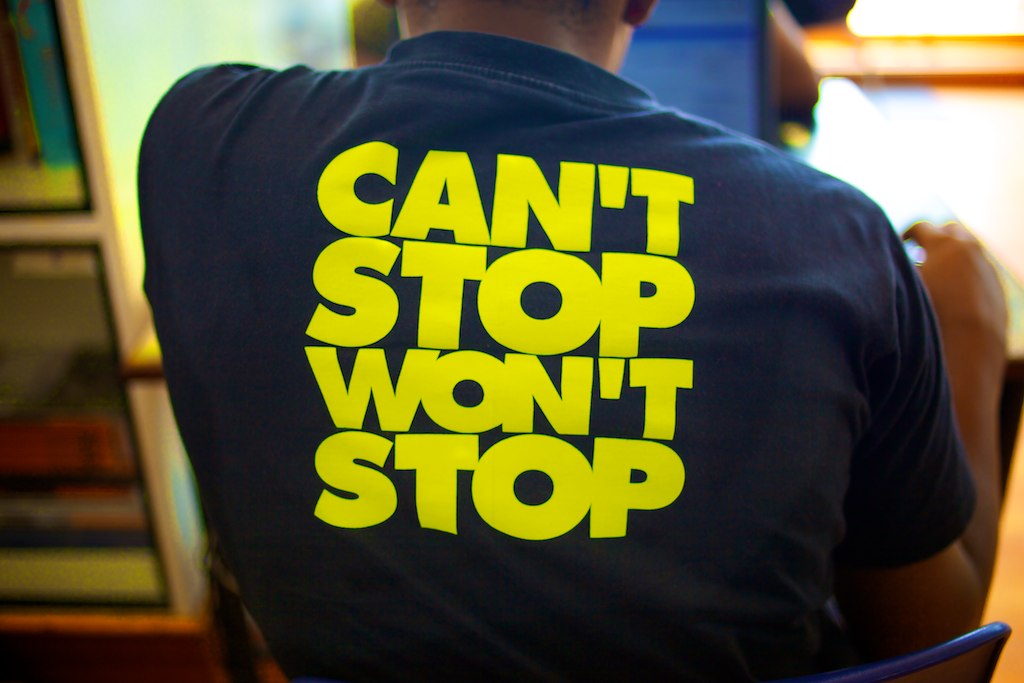
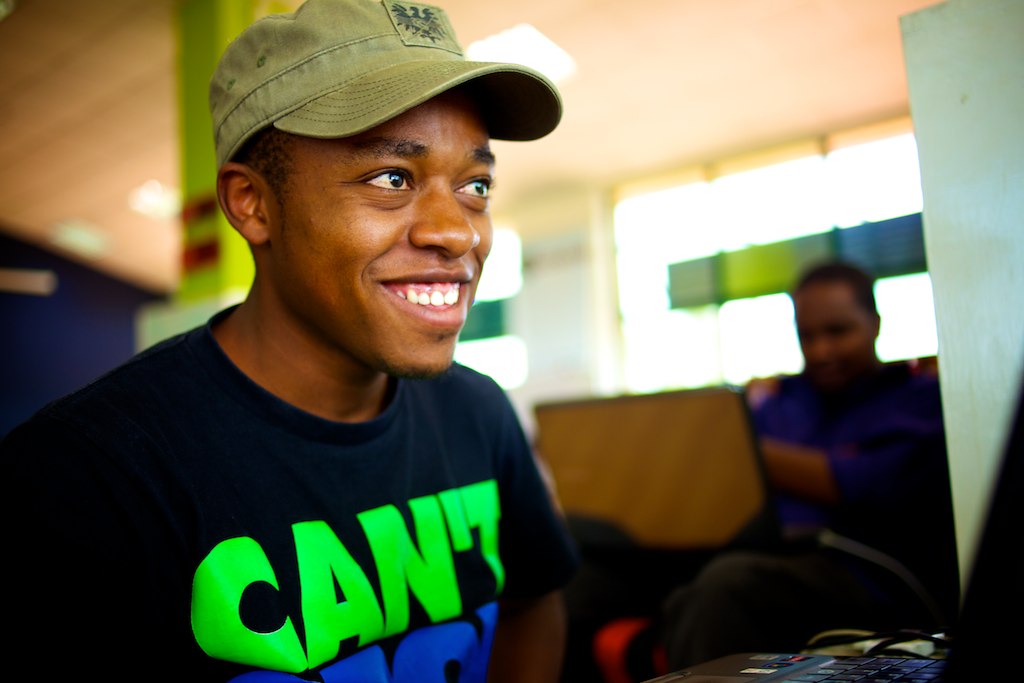
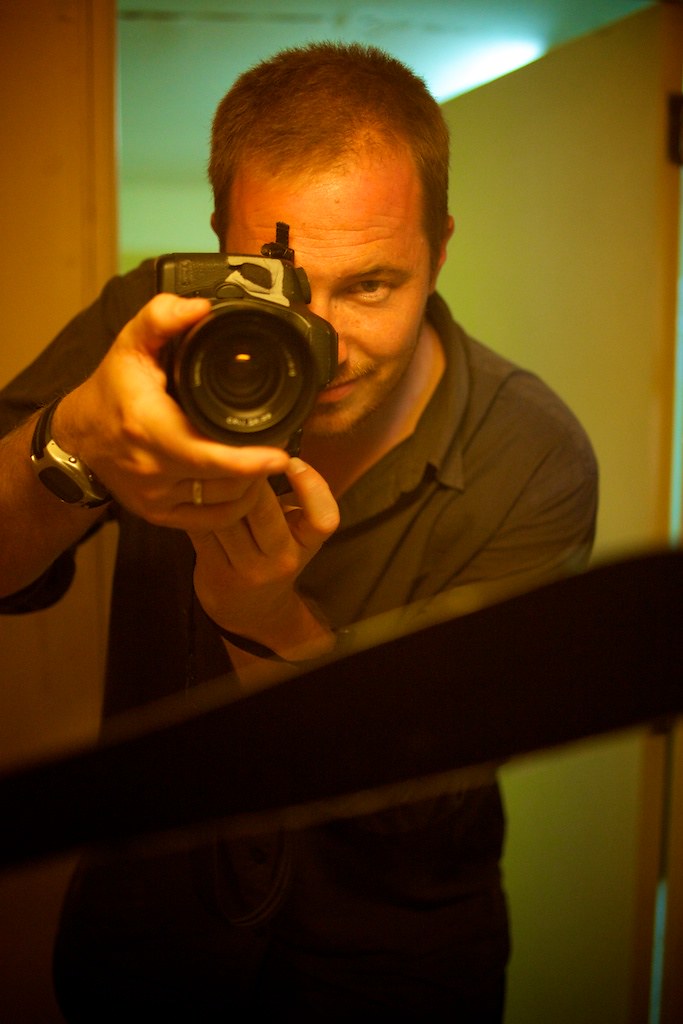
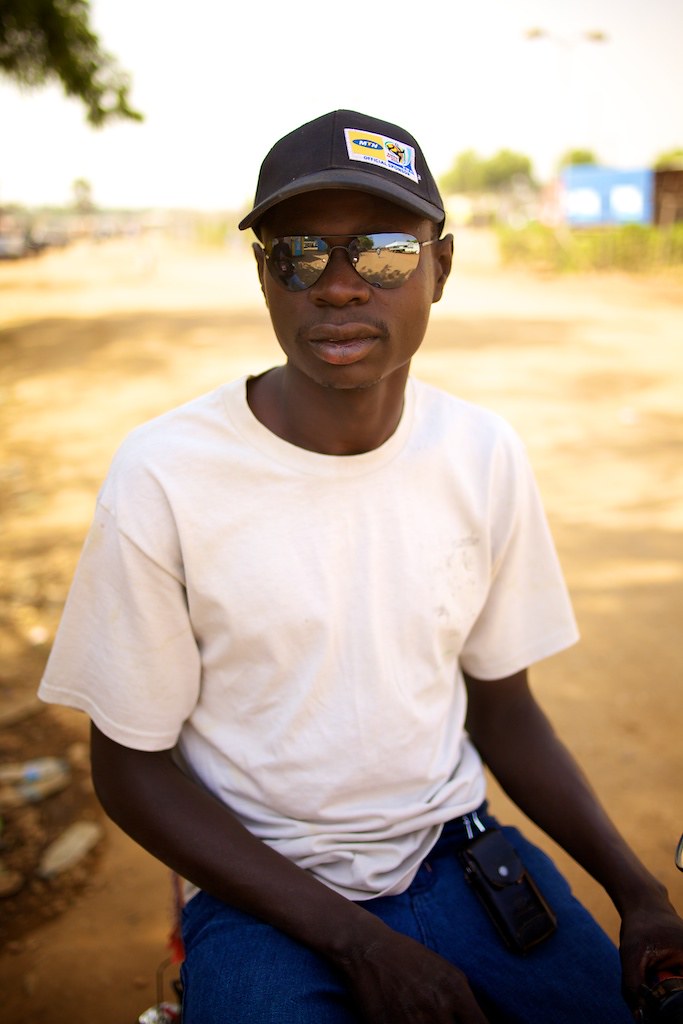

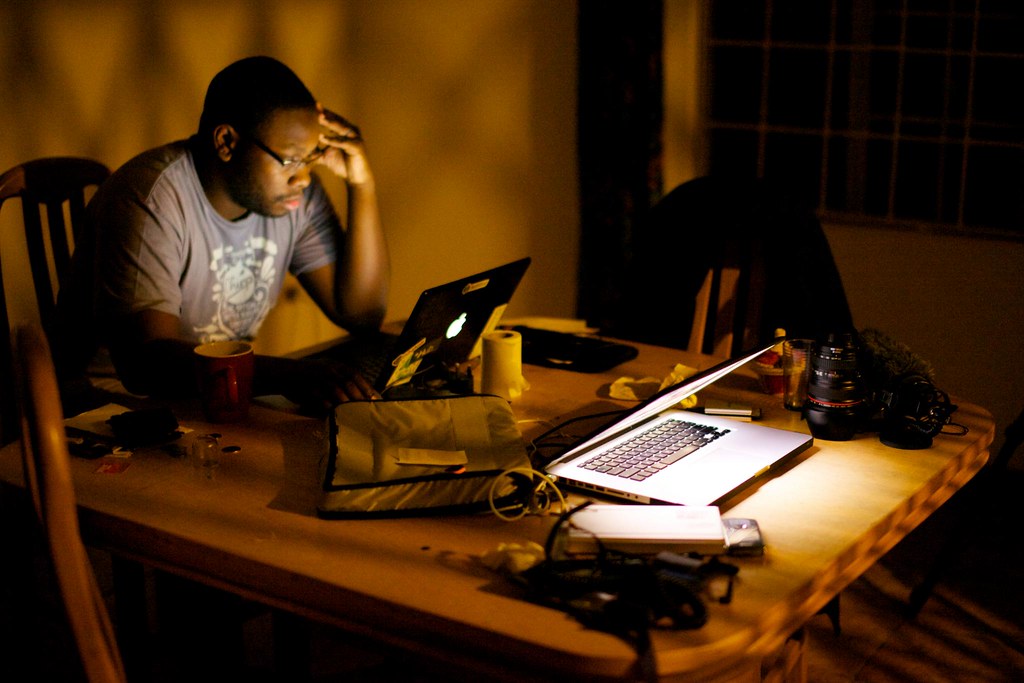 [/column]
[/column]